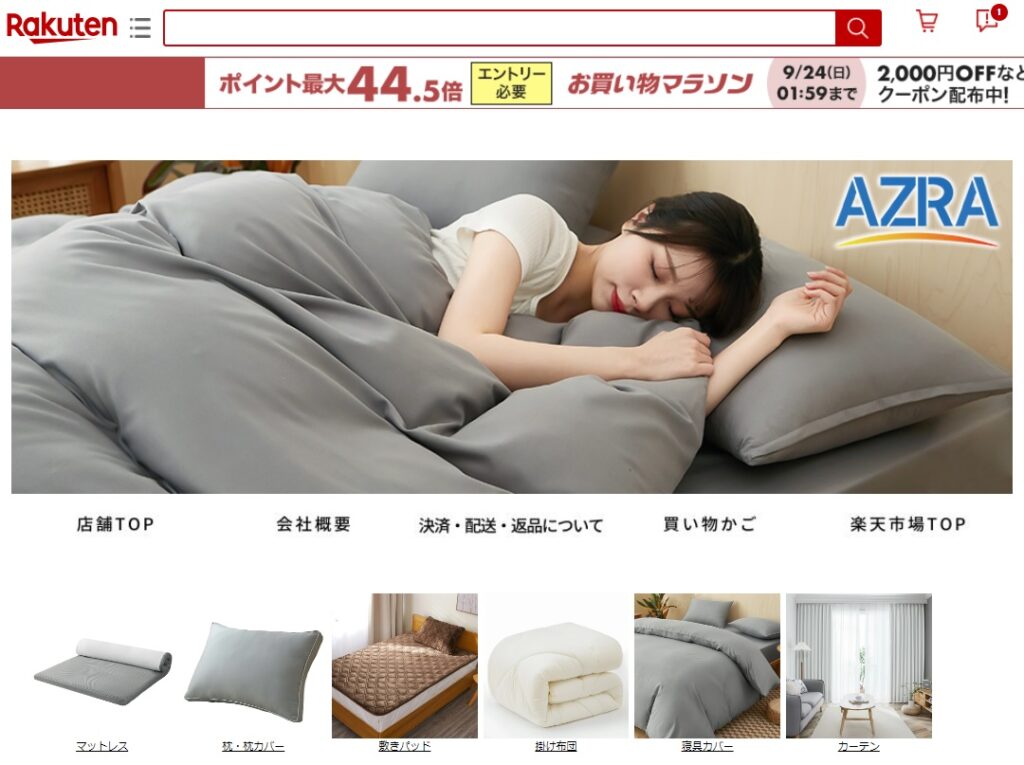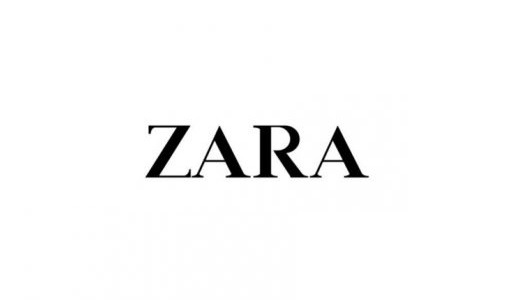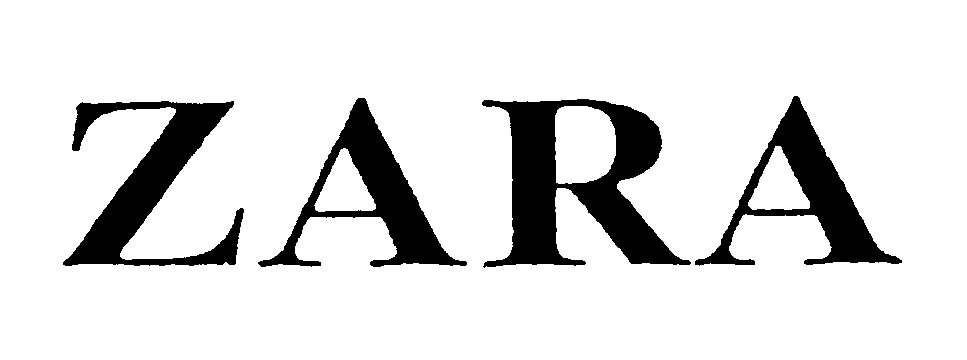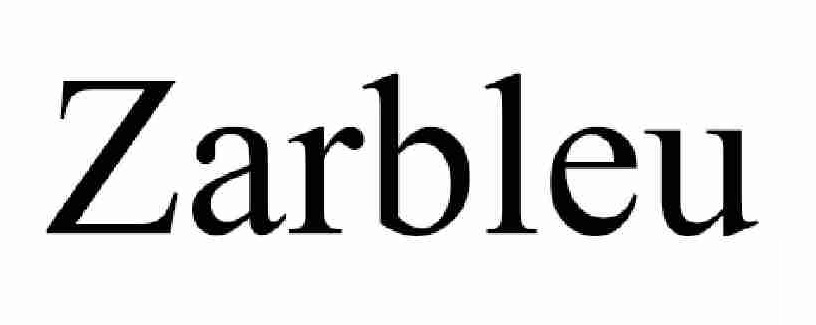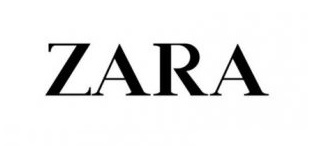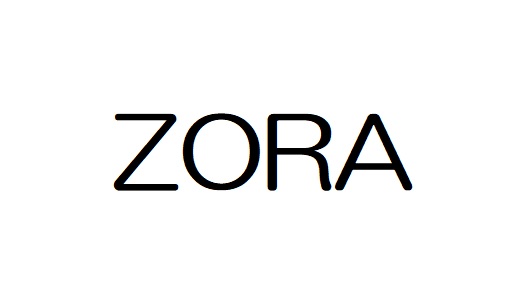On April 22, 2024, the Japan Patent Office (JPO) dismissed an opposition filed by Industria de Diseño Textil, SA (INDITEX), owner of the fashion brand “ZARA”, against TM Reg no. 6699667 for word mark “LAZARA” in classes 25 due to dissimilar marks and unlikelihood of confusion with “ZARA”.
[Opposition case no. 2023-900175]
Opposed mark
Opposed mark, consisting of a wordmark “LAZARA” in standard character, was applied for registration by Japanese individual to be used on clothing in class 25 on November 20, 2022, and published for post-grant opposition on May 29, 2023.
Opposition by Inditex
Opponent, INDITEX, one of the world’s largest fashion retailers and owner of the fashion brand “ZARA”, filed an opposition on July 27, 2023 before the lapse of a two-month statutory period and claimed opposed mark “LAZARA” shall be cancelled in contravention of Article 4(1)(xi), (xv) and (xix) of the Japan Trademark Law by citing earlier trademark registrations (TM Reg no. 4108998 and IR no. 752502 in class25) for word mark “ZARA”.
Article 4(1)(xi) is a provision that prohibits the registration of a junior mark that is deemed identical with, or similar to, any earlier registered mark.
INDITEX contended that the opposed mark “LAZARA” is similar to its own trademark “ZARA,” a globally renowned fast-fashion brand given the suffix “LA” is a descriptive word that merely indicates the definite article in Spanish. Besides, the goods in question are identical.
Article 4(1)(xv) prohibits the registration of trademarks that are likely to cause confusion with the business of other entities.
INDITEX contended that the mark “ZARA” has become renowned among relevant consumers in connection with apparel. Given the high degree of resemblance between “LAZARA” and “ZARA” as well as the goods, it is likely that consumers will confuse or misconceive the goods bearing the opposed mark “LAZARA” with “ZARA.”
Article 4(1)(xix) proscribes the registration of a trademark that is identical with or similar to another entity’s famous mark if the trademark is intended for the purpose of gaining unfair profits or causing damage to the entity.
INDITEX contended that the applicant had filed the opposed mark with the intention of obtaining unfair profits through free-riding on the well-known trademark “ZARA”.
JPO decision
The JPO Opposition Board held that “ZARA” has acquired a certain degree of recognition among relevant consumers in Japan and foreign countries as a source indication of clothing, however, the Board denied a high degree of recognition of the mark among the consumers by taking into consideration the produced evidence. The Board criticized “INDITEX produced precedent administrative decisions as evidence that admitted famousness of the mark “ZARA” in Japan. But, famousness of trademark shall be assessed on a case-by-case basis based on relevant facts and evidence produced in each case. Therefore, the precedent decisions would not bind the ongoing case. INDITEX did not reveal sales figure and expenditure for advertisement in connection with apparel bearing the mark ZARA.”
Furthermore, the Board found the consumers would perceive the opposed mark “LAZARA” as a whole, which would suggest an unfamiliar foreign word from a visual perspective. If so, “LAZARA” and “ZARA” are evidently dissimilar in appearance and pronunciation because of the distinction between the presence and absence of the letter “LA” in the suffix and the overall sound. As for the concept, it is not comparable since either mark does not give rise to any specific meaning. Consequently, both marks are unlikely to cause confusion due to their dissimilarity.
Additionally, the Board noted that INDITEX had not presented any evidence to substantiate their assertion that the applicant had filed the opposed mark for the purpose of gaining unfair profits or causing harm to INDITEX.
Based on the foregoing, the JPO dismissed the entire allegations of INDITEX and allowed “LAZARA” to survive.

